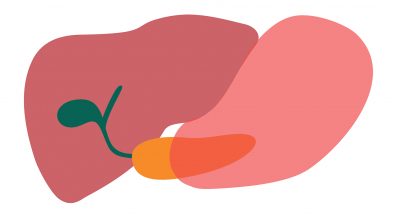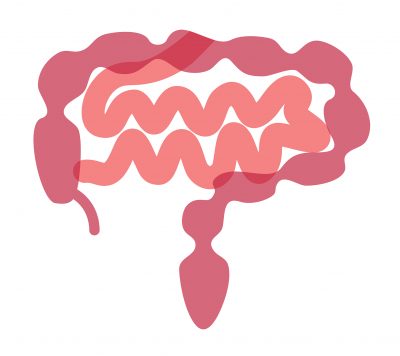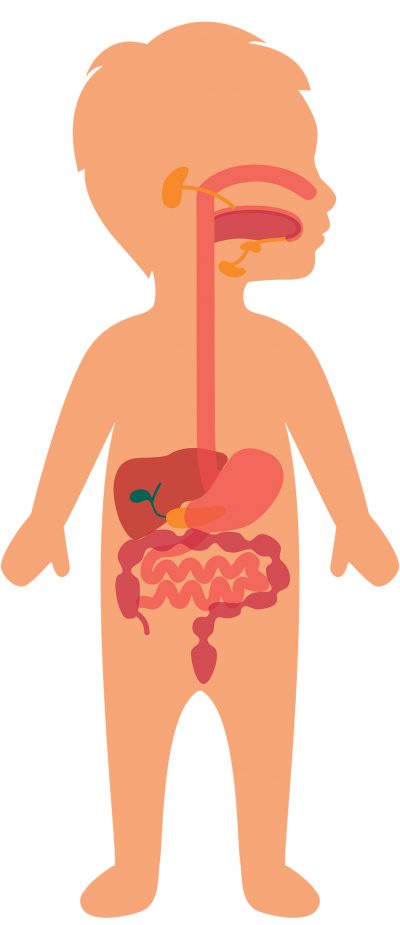You have probably heard the terms gut health and digestive health – they both refer to the same thing and represent a crucial component of overall health.
Good digestive health means the proper functioning of the entire digestive system, which includes the gastrointestinal tract (GIT). The digestive system does so much more than just digesting and processing food, so keeping your digestive system healthy is important!
Gut helpers
A large collection of microorganisms that live in the gut is called gut microbiota. The good bacteria can be replenished by consuming probiotics, which are live bacteria that provide us with health benefits. A healthy gut microbiota can enhance our immune system, thus it is important to maintain a healthy gut microbiota balance of approximately 85% good bacteria and 15% bad bacteria.
The digestive system

1. Your child’s digestive system comprises a collection of organs, starting with the mouth. Chewing helps ‘break’ food down physically and helps saturate it with saliva, which contains enzymes that aid the digestive process.

2. In the stomach, the swallowed food mixes with gastric juices and other enzymes that are released by the stomach, liver, pancreas and gallbladder. This helps to further break down food.

3. The food then enters the small intestine where water, proteins, carbohydrates and fats are absorbed. The small and large intestines populated by gut microbiota, play a crucial role in supporting digestion, they regulate immune functions and ‘communicate’ with the brain via the enteric nervous system (ENS). What’s left of the food then enters the large intestine, where more water is absorbed by the body. Some of the microorganisms in the gut microbiota can release additional enzymes to break down the remaining nutrients such as carbohydrates.
The remaining waste products, including large pieces of food (which is why chewing properly is important!), are expelled out from the body as stool.
What is Enteric Nervous System?
The enteric nervous system (ENS) is a large collection of nerves or so-called neurons connected to the entire digestive system, and works together with it to digest food and extract the nutrients which are then distributed to where they are needed in the blood circulation system. Everything that is absorbed during the digestive process is used to provide your child’s body with energy and the materials it needs for growth and repair.
There is also evidence that the state of the brain can affect the gut and vice-versa, e.g. feelings of stress can result in poor digestion or bloating, while frequently experiencing stomach discomfort or pain can cause an increase in feelings of anxiety or stress.
It’s easy to care for his digestive health
Good digestive health is critical to avoid any disruption in the provision of nutrients and energy that your child’s growing body needs. To enhance his digestive health, strengthen his immune system and minimise digestive problems such as constipation and diarrhoea. The basics of a healthy lifestyle are key – your child must eat healthy and nutritious food and get sufficient sleep. You should also try and encourage at least an hour of physical play and give him enough water to drink daily based on his activity level and the weather.

It is also important to maintain his gut microbiota balance. Replenish it regularly by feeding your child fermented foods that are rich in probiotics such as kimchi, tempeh, yoghurt and cultured-milk drinks.
It would be wise to prioritise your child’s digestive health. Remember that good digestive health is crucial for maintaining effective digestion of food, efficient absorption of nutrients, fewer digestive system problems and it also enhances the function of the immune system.






Comments